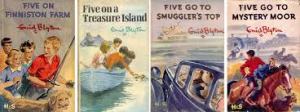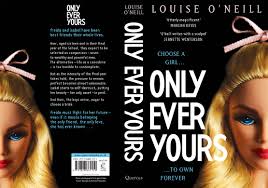I put this together for my writing class at the Irish Writers Centre. It might be useful to you also. Here are the submission details of the main Irish children’s publishers who accept unsolicited manuscripts: O’Brien Press, Little Island, Penguin Ireland, Poolbeg Press, and Mercier. The information is taken from their websites. The Little Island guidelines are particularly useful.
Good luck!
O'Brien Press - Submission Guidelines
Thank you for considering sending your manuscript to The O'Brien Press. We are committed to new and developing talent, and encourage any aspiring authors to send their writing in to us.
However, please note the following:
We publish mainly children's fiction, children's non-fiction and adult non-fiction. We generally do not publish poetry, academic works or adult fiction.
Due to the high level of submissions we receive, unsolicited manuscripts will not be returned. As such, please do not send us any original work, illustrations etc. Note also that stamps from countries other than Ireland are of no use to us!
Unfortunately, due to time constraints, O'Brien Press is not in a position to offer critiques of any unsolicited manuscripts we receive.
Should your submission be 1000 words or less then you may submit your work in its entirety. Please number all the pages of your submission appropriately. For anything in excess of this length -- for example a children's novel -- a synopsis and 2 or 3 sample chapters is more than adequate.
We will only accept submissions/proposals/artwork etc, via the post. Please do not email your work to us.
Please send submissions to Submissions Department, The O'Brien Press, 12 Terenure Road East, Rathgar, Dublin 6, Ireland.
Please allow a minimum of 8/10 weeks response time. As the number of unsolicited manuscripts requiring review by our editorial team can be quite high, sometimes this process can take longer. Please do bear with us.
At The O'Brien Press, we are very conscious of the environment and recycle as much paper as we possibly can. We would therefore encourage you not to use excess paper clips, staples, folders, etc.
Little Island - Submission Guidelines
Little Island is always on the lookout for quality fiction for children and teenagers, and you are welcome to send us your manuscript for consideration. You don’t need to have an agent – but submissions from agents are also welcome. As an Irish publisher, we tend to give preference to books with an Irish connection (though we also publish books in translation).
What we are looking for:
Fabulous writing (Take a look at Good Red Herring.)
Great stories (Take a look at Fennymore and the Brumella.)
Nightmare Club stories (1800–2000 words) Annie Graves doesn’t really write these books. If you can write a funny spooky story for the 7+ age group in Annie’s voice, we’ll consider it.
Storybooks for younger children (max 20,000 words, shorter is better) Funny, adventurous, sad or thoughtful. (Take a look at The Powers, for example.)
Novels for older children (25,000–45,000 words) We are on the lookout for well-written novels for children that tell a good story. (Take a look at The Keeper or Bartolomé – super writing, great stories.)
Novels for teenagers (max 65,000 words, shorter is better) We publish novels for younger teenagers and also for ‘young adults’ (15+). Funny, sad, romantic, fantastical, sassy, grittily realistic, tough, amusing, puzzling – we’re open-minded. (Take a look at Grounded or Primperfect.)
What we are not looking for:
Books by children (Sorry if that sounds mean; we have our reasons, but we can’t go into them here.)
Trilogies (or books with several sequels planned)
Books that have been previously self-published
Sequels to self-published books
Issue-driven books (Stories that deal with issues are fine, that’s different.)
Books about fairies or angels (They are just not our kind of thing.)
Horror (No, you can’t count The Nightmare Club!)
Dystopian fiction (Nothing against it, but we’re full up on that one.)
Stories with accompanying illustrations
A book your children/grandchildren love because you wrote it and it’s about them (Great if they love your book for other reasons, of course.)
Books that treat children as if they are under-cooked adults
Books with the word ‘snot’ in the title
Stories that start from the premise that the main character’s father has got a new job and the family has had to move
Some advice on submitting:
We only publish about eight or nine books a year. This means we have to absolutely love a book before we can even think about publishing it. So you will have the best chance if you send us your book when it is as sparklingly wonderful as you can possibly make it. The reason is that we get lots and lots of manuscripts, some of them fabulous, some of them really rather good and some of them just not working. The ‘really rather good’ ones are problematic for us. These may turn out to be fabulous in the end, but if there’s an already-fabulous book that we can have instead … well, obviously, that’s the one that is much more likely to get published.
If you have a good idea but are not sure how to develop it, by all means give us a ring and we’ll have a chat – but it’s better not to send us a tentative or underdeveloped manuscript.
So get cracking on your fabulous book and knock our socks off!
How to submit and what to expect:
If you are submitting a short book for younger children, you may as well send the whole thing, along with a covering letter.
If you are submitting a novel, the first forty or fifty pages is enough, along with a one-page synopsis and a covering letter.
We like to get submissions electronically first (you can use the form below to send it via the website). If we’re interested in reading more, we’ll ask you to send hard copy also to: Commissioning Editor, Little Island Books, 7 Kenilworth Park, Dublin 6W.
We will send your manuscript back by post if we are not going to publish it, but only if you send us the postage in Irish stamps.
It can take us a while to get to your manuscript. We do try to acknowledge scripts as they come in, though, so if you don’t hear from us within a short while, then assume it’s gone astray and try again. After we’ve acknowledged your script, give us about three months. Then give us a nudge if you haven’t heard.
What our feedback means:
Sadly, we can’t give detailed feedback to authors whose work we are not going to publish.
We may say that a book ‘does not fit our list’. For example, we don’t publish horror, so if you send us a book set in a dungeon inhabited by a family of vampires and we tell you that it ‘does not fit our list’, that’s just the honest truth. It may be wonderful horror, but it’s not for us.
Another reason that a book does not fit our list could be that we have too many books of that type already on the list (and our list is small – there isn’t much room for duplication).
If we say that your book does not appeal, that is also just the simple truth. It means we did not like it enough to want to publish it. But that is a matter of personal taste as much as anything, and someone else may indeed love it. Don’t be discouraged.
If we feel a book has potential, even though it is not right for us, we’ll try to give you a little advice if we can, but don’t expect a long and detailed critique.
If we really love your book, you’ll know all about it.
Penguin Ireland - Submission Guidelines
We strongly encourage submissions via email, to: submissions@penguinrandomhouse.ie.
If you wish to submit electronically, please send a Word document consisting of a cover letter, short synopsis (no more than 500 words) and the work itself. The cover letter should include a brief summary of your book (a couple of sentences – not a synopsis) and a short note on yourself. Please do not send separate documents: all three elements should be included in a single document.
In the subject line of your email please include:
• your name
• the title of your work
• whether it is fiction or non-fiction
• the initials of the editor you would like to look at your material if you have a preference (check out details of who our editors are and what they publish on the Contact Us page).
So your subject line might read like this: Stephen Green - The Chimneys (F) – BB.
In the body of your email please duplicate the information you have provided in your cover letter. (We ask you to provide this information twice for administrative reasons.)
When you send through your submission, you will receive an automatic email acknowledging receipt.
Hard copy submission:
If you do not wish to submit via email, we also accept paper submissions of between 20 and 40 pages. Please also include a synopsis and a cover letter that includes your contact details (particularly an email address as this is our preferred way to contact you), and post to: SUBMISSIONS at PENGUIN IRELAND, 25 ST. STEPHEN'S GREEN, DUBLIN 2.
We cannot consider hand-written submissions. There is no need to have the manuscript bound or to present it in any special way. Please do not send us the only copy of your manuscript. While we take scrupulous care of the material we receive, it is not possible for us to confirm receipt of hard copy material and we do not accept responsibility for it.
Please note that for administrative reasons we do not return hard copy material, even if you include an SASE or postage.
Response time:
An editor will read your submission as soon as possible. Please allow at least three months for a response; because of the volume of submissions we receive, it is impossible for us to estimate precisely how long a response might take. We are not in a position to give you information about the progress of your submission by phone or email. Unfortunately, it is not possible to give editorial feedback at submission stage.
We are very keen to consider your work, and we thank you for adhering to our submission requirements, which are intended to help us consider it as quickly and efficiently as possible.
Poolbeg Press - Submission Guidelines
How to Submit a Manuscript to Poolbeg Press:
All manuscripts are submitted at the author’s own risk. Due to the large number of submissions we are not in a position to acknowledge or return your manuscript. Please do not send your original copy as it will not be returned. If you do not hear from Poolbeg within three months then your work is not suitable for our list.
Please do not send a synopsis only. A synopsis plus a sample of the first six chapters is preferable in hard copy plus a CD containing the word file.
Manuscripts should be typed in double line spacing on one side of the page only (please note for fiction titles the minimum word count should be 100,000 words).
Presentation is important so check spelling and punctuation.
Pages should be numbered.
Please include a CV and short biography on yourself.
Manuscripts and CD copies in word should be addressed to:
Paula Campbell,
Publisher,
Poolbeg Press,
123 Grange Hill,
Baldoyle,
Dublin 13
Mercier Press - Submission Guidelines
Mercier Press is Ireland's oldest independent publishing house and we take great pride in publishing works by Irish authors and bringing them to a global audience. We are happy to accept unsolicited submissions for adult non-fiction. Our list concentrates on Irish interest material, principally Irish history, cookery, biography/memoir, politics/current affairs, sport and lifestyle.
We are not currently accepting unsolicited submissions for adult or children’s fiction or poetry.
Submitting your manuscript to a publisher can be a daunting prospect. It can often be difficult to discover which publishing house is the best fit for your work. Many manuscripts are rejected because they are sent to publishers who do not publish that type of material. You need to check the competition in the marketplace to discover which publishers produce books in your manuscript's category. Go to your local library or bookshop and look for books similar to yours to see who has published them. Read some of them to make certain that you are selecting the right publisher.
You can also find a list of all publishing companies in Ireland and the types of subject they publish at www.publishingireland.com and at www.writing.ie.
Many thanks for thinking of Mercier Press and we look forward to receiving your submission.
MANUSCRIPT SUBMISSION
Please take time to read the submission guidelines below:
Non-fiction submissions must contain a proposed outline, chapter outline and a sample chapter if available.
All submissions must be accompanied by a submission form which can be downloaded through the below link. This form is intended to help us to assess your project in terms of intended readership, the market and suitability for our publishing programme. If this important material is not included then your proposal will not be considered.
contentfiles/SubmissionForm.doc (see http://www.mercierpress.ie/submit/ )
Submissions can be sent by email to commissioning@mercierpress.ie or by post to Sarah Liddy, Commissioning Editor, Mercier Press, Unit 3B, Oak House, Bessboro Road, Blackrock, Cork, Ireland.
Submission Response:
Due to the high level of submissions we receive, please allow at least three months for a response; it is impossible to estimate precisely how long a response might take and unfortunately we cannot comment individually on every submission.
We prefer to receive email submissions, but if you send your material by mail, please do not send us any original work, illustrations etc. We do not accept responsibility for any material sent to us. If you want your manuscript returned after we have considered it, please enclose an adequately sized self-addressed envelope with adequate postage, or, if you live outside the Republic of Ireland, a sufficient number of International Reply coupons. Please note that non-Irish stamps are not accepted by An Post. Submissions without the correct postage will not be returned and will be discarded.









![IMG_5156[2]](https://images.squarespace-cdn.com/content/v1/58973315e4fcb5808a5b7d9e/1486377414397-A1Y7YA7QJ3PS2RVSXGS0/img_51562.jpg)

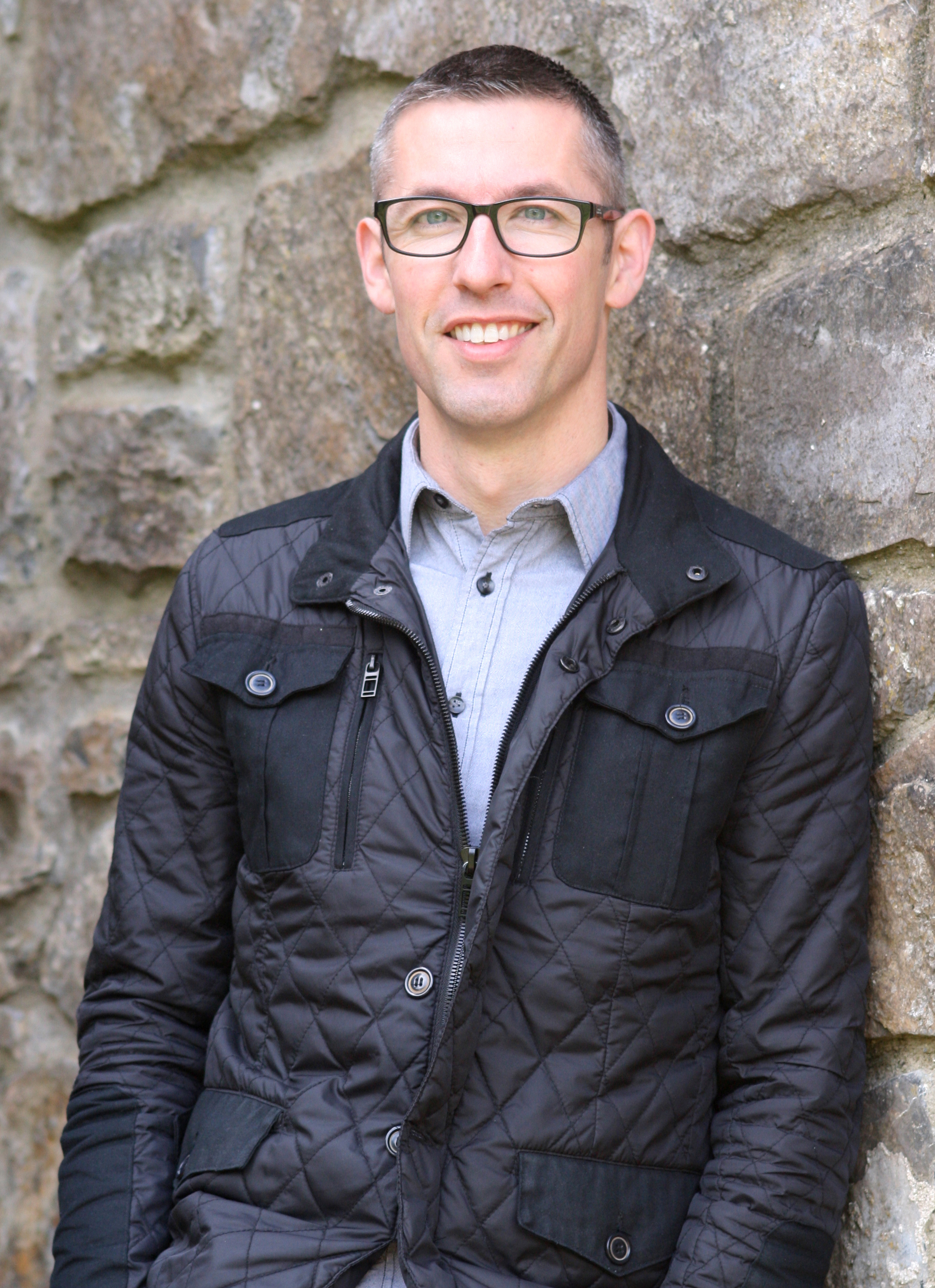








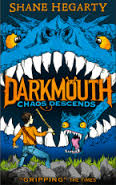




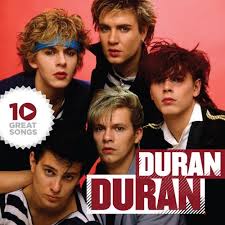
![IMG_4917[1]](https://images.squarespace-cdn.com/content/v1/58973315e4fcb5808a5b7d9e/1486377413029-8JPU5DSFNN198TWHD0WO/img_49171.jpg)








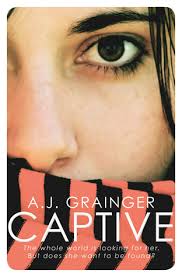







![IMG_4461[1]](https://images.squarespace-cdn.com/content/v1/58973315e4fcb5808a5b7d9e/1486377412374-N4FMM3IJPGA4FLHE08KP/img_44611-e1413837064268.jpg)
![IMG_4462[1]](https://images.squarespace-cdn.com/content/v1/58973315e4fcb5808a5b7d9e/1486377412203-07N7T8NBY0IYO743L4IH/img_44621-e1413837089589.jpg)
